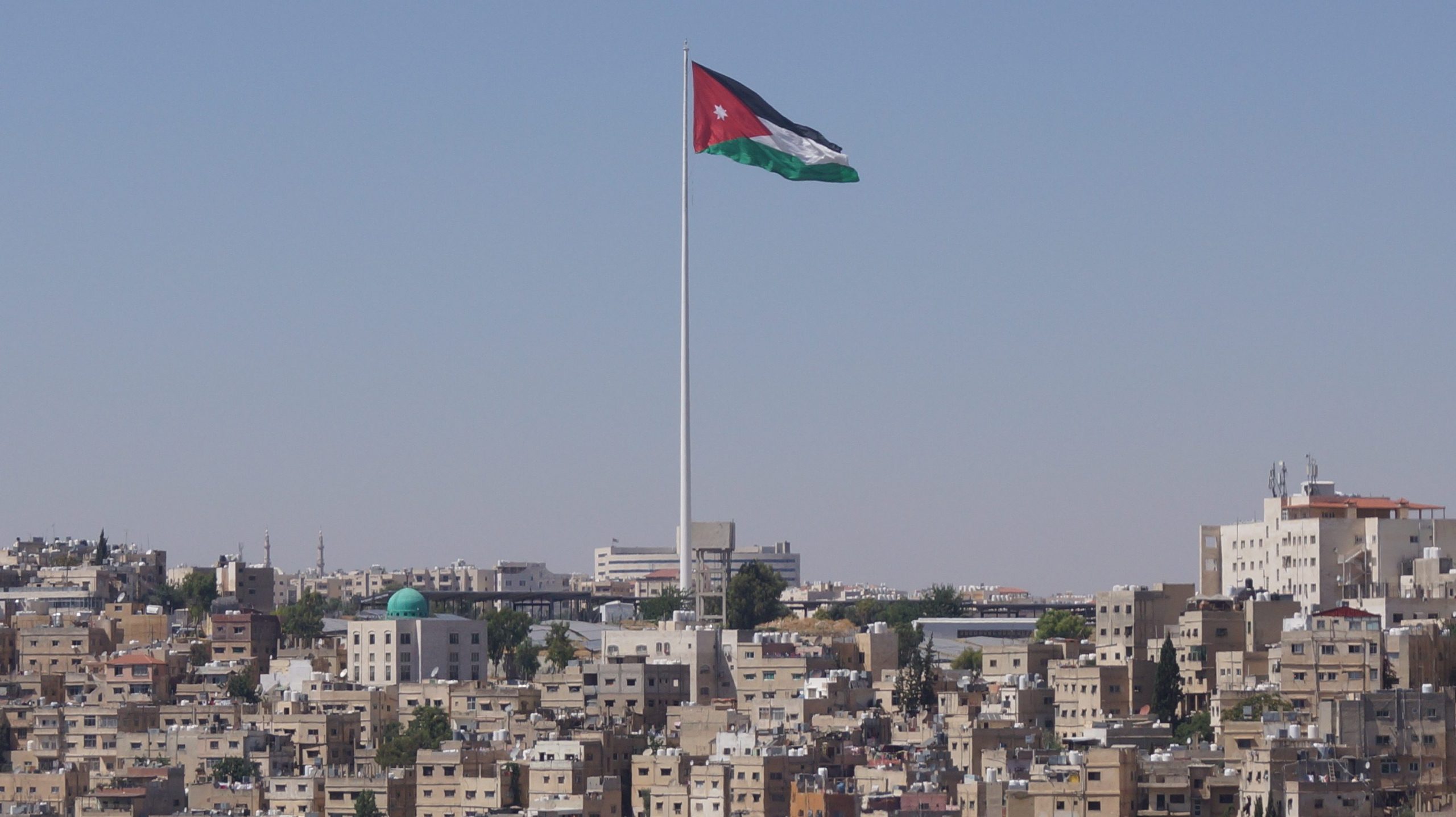Bilateral trade between Qatar and Jordan witnessed significant growth over the past decade.
Qatar intends to increase its food imports from Jordan to meet a growing demand during the 2022 FIFA World Cup, with more than one million spectators expected to travel to Doha.
“The demand for consumption in the Qatari local market is expected to increase at unprecedented rates in view of the anticipation of the entry of more than 1.5 million fans and visitors to the country,” Doha’s embassy to Amman said in a statement on Sunday.
Qatar already imports Jordanian foodstuffs, especially fruits and vegetables, contributing to the increase in bilateral trade.
During the first quarter of this year, Qatar and Jordan’s trade witnessed a 32% increase, reaching $41 million from $31 million over the same period last year.
The demand for Jordanian goods also increases in seasons where consumership rises, such as the month of Ramadan and Eid.
Speaking to Jordan’s news agency (Petra), Qatari importers said the World Cup alone “is expected to raise the volume of demand for the agricultural and food production sector”.
Qatari importers also said imports are set to continue even after the World Cup, which is taking place between 20 November and 18 December, as visitors are expecting to stay for additional time.
Qatar-Jordan trade ties
Trade between Qatar and Jordan has witnessed significant growth over the past decade.
There are more than 1,100 joint Qatari-Jordanian companies operating from Qatar in the trade, contracting, construction, interior design, and maintenance sector.
Other companies include conference organisation, banking, accounting, real estate brokerage, services, and education. There are at least 60,000 Jordanians working in various sectors in Doha.
According to Petra, citing the Qatari statistics authority, Qatar and Jordan’s trade volume over the past 10 years amounted to more than $3.17 billion.
Last month, Qatar Chamber Chairman Sheikh Khalifa Al-Thani revealed trade between Doha and Amman exceeded $171 million (QAR 624) in 2021.
Goods imported from Jordan include fruits and vegetables, frozen foods, livestock, medical supplies including medicine, marble, and phosphate amongst many others.
Jordan imports oil products, kerosene, liquefied gas, fertilisers, cement products, pipes, polyethylene, polymers in primary forms, and aluminium from Qatar.
Exports to Qatar were projected to increase by 10% to 15% following the GCC reconciliation that brought an end to the 2017 crisis.
The main factor in the increase was the ability of trade trucks to enter the country through Saudi Arabia’s border instead of shipping them by air.
At the time of the crisis, Saudi Arabia, Bahrain, the UAE and Egypt imposed an illegal land, air and sea blockade on Qatar over claims that it supported terrorism. Qatar has denied those claims.
The embargo was lifted on 5 January 2021 following the signing of the Al-Ula Declaration.
World Cup security
Apart from the increase in imports, the Hashemite Kingdom is set to provide Qatar with security during the major sporting event.
Last week, Amman’s Director of the Public Security Directorate (PSD) Obaidullah Maaytah told Qatar’s Ambassador to Jordan Sheikh Saud Al Thani that the police department is willing to provide security support.
Meanwhile, Jordanian media reported in August that authorities in Amman are offering security jobs at the Qatar World Cup to retired soldiers.
Jordan’s Security Directorate had reportedly announced posts to previously serving personnel under the age of 45.
Amman would be joining other countries in helping secure the World Cup, with at least 1.5 million fans expected to flock to Doha for the tournament.
Another MENA country set to provide security assistance is Morocco, which signed a major declaration with Qatar on boosting bilateral security cooperation during the World Cup.







